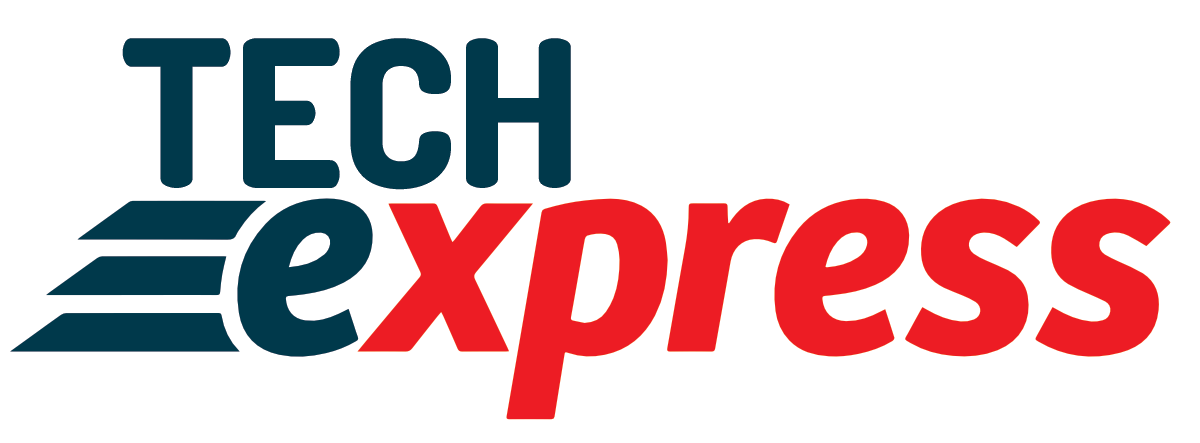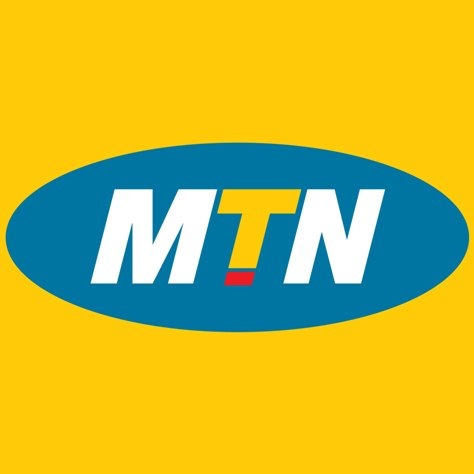Small business owners sometimes focus on the tangibles in running their businesses – the location, the inventory, the staff and the sale, as many do not recognise the value of their brand as a distinct marketing tool.
Big corporations spend huge amounts promoting their brands; it’s a tool proven to work. Branding is one of a company’s most valuable assets. Essentially, it is the company’s reputation; how customers portray a product/service, including how it will become memorable, allowing loyal customers to refer it to other potential customers.
There are many different parts to a business brand; the logo, the connections you make with customers, your customer service, the affordability of your products, the quality of your services/products as well as aspects of the business that reflect how customers portray the business.
A look at top brands out there, whether it be Coca Cola, Apple or Nike, suggests these companies use branding as a powerful tool to attract their clients and keep them asking for more. So, how can small businesses achieve similar results?
“I believe it starts with small brands appreciating the fact that the big brands were at some point at incubation stages, and were indeed SMEs too,” Tomi Ogunlesi, campus brand manager at Reckitt Benckiser, told BusinessDay.
“The brand name is a key consideration, as it has to appeal to the identified stakeholder segment. For instance, it is not uncommon in Nigeria to see business names that do not resonate their target market.
“Another important consideration would be the archetype of the brand (consistence in the way a business projects its brand identity, including structure of the brand/marketing communications),” he said.
Advising on strategies small businesses can adopt, “brand education is key. SMEs should endeavour to gain knowledge on branding if they must survive,” stated Yinka Padonu, SME brand consultant/blogger, SmartBrands.
Padonu advised on studying brand related resource materials, stories of how best brand were built, including attending brand related workshops, saying “another is working to become a niche player. SMEs should focus on creating a niche market, finding out about a segment of the market they hope to reach, and driving sustainability in that direction.”
The consultant also stated that emphasis should be on the intangibles, “SMEs should focus on customer perception of their business, including brand loyalty,” he noted, further stating the need for customer promotion, as almost every big brand does one form of customer loyalty promotions or the other, and SMEs at their level can tap into this.
Meanwhile, MTN Nigeria’s business arm, MTN Business has announced plans to offer SMEs an array of work tools including the new iPad 3, 3G wireless modems and a range of phones to boost their productivity.
These tools, according to MTN, would help small businesses operate in a smarter and cost efficient manner. Technologies like the mobile services, the internet, smarter devices now make for a more ‘empowered’ growing business.
SMEs who sign up for MTN MyOffice and make purchases will get the tools as listed. MTN MyOffice is MTN’s comprehensive ICT package designed to meet peculiar needs of the Nigerian SMEs, start-ups and growing businesses.
“MTN MyOffice combines all the necessary ICT solutions small businesses require to facilitate communication, collaboration and optimal business operations,” disclosed Babatunde Osho, chief enterprise solutions officer, MTN Nigeria, adding that “the package is a limited time offer SMEs should take advantage of.”
Source: businessdayonline.com
Related posts
Subscribe
* You will receive the latest news and updates on your favorite celebrities!


